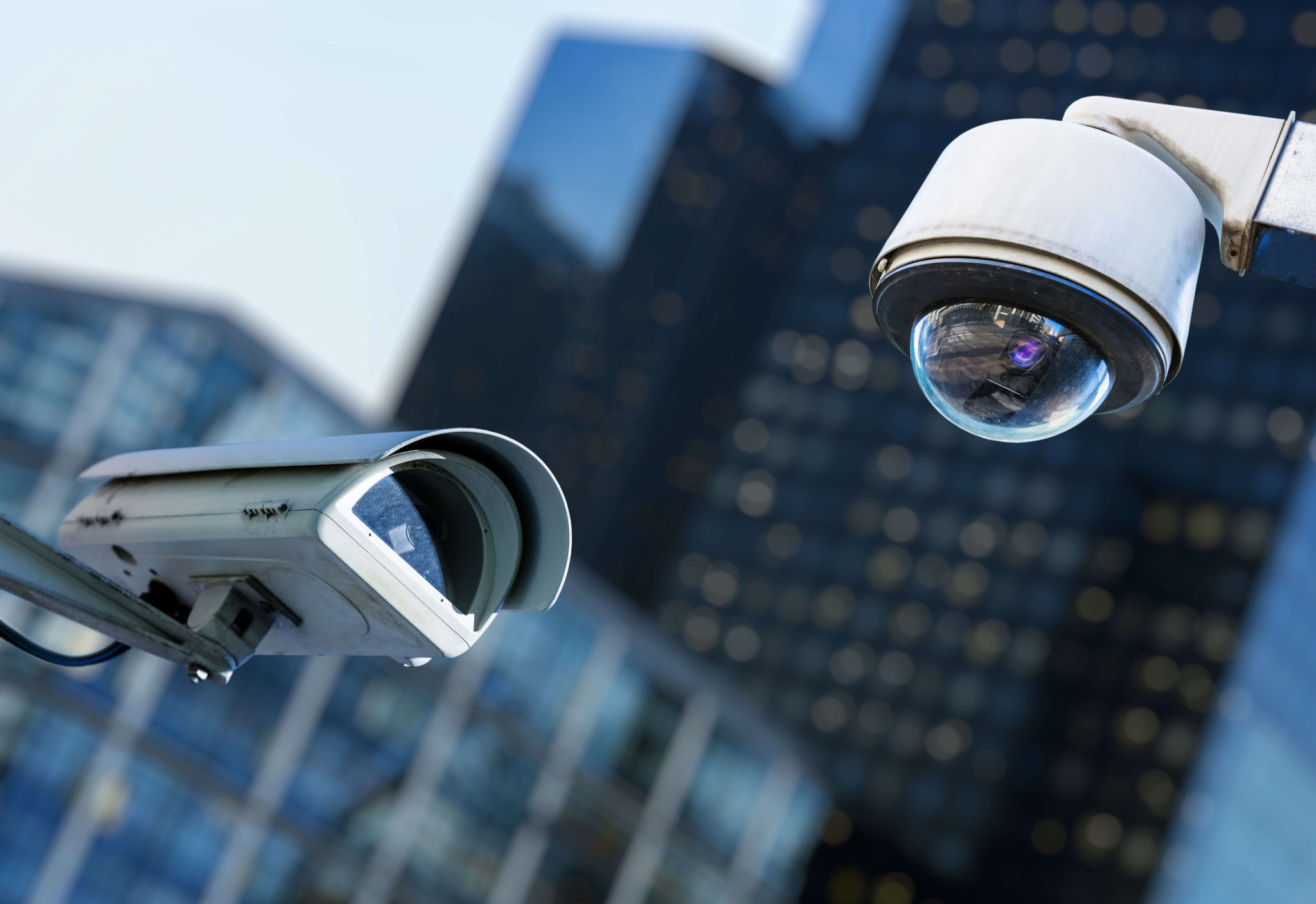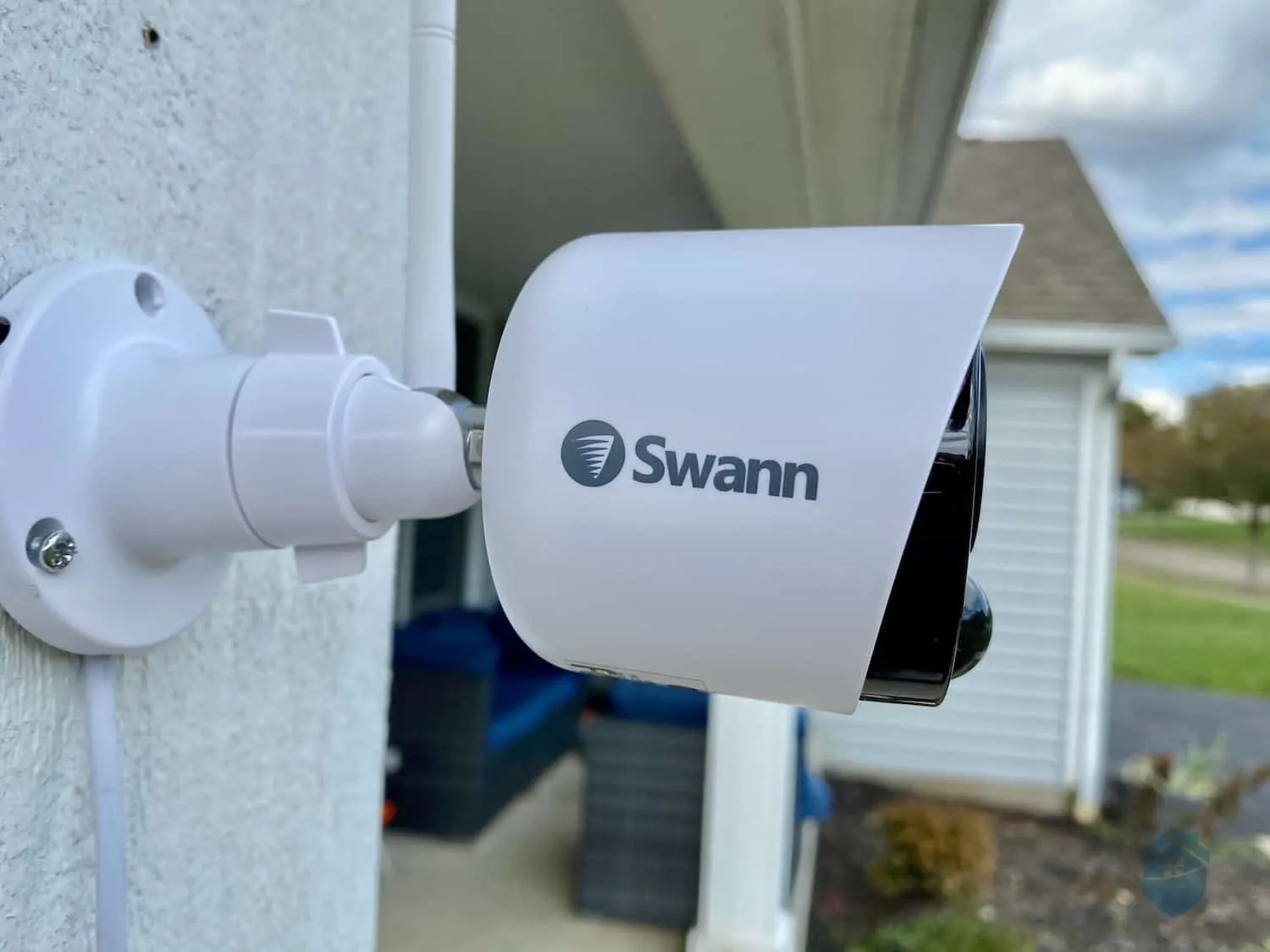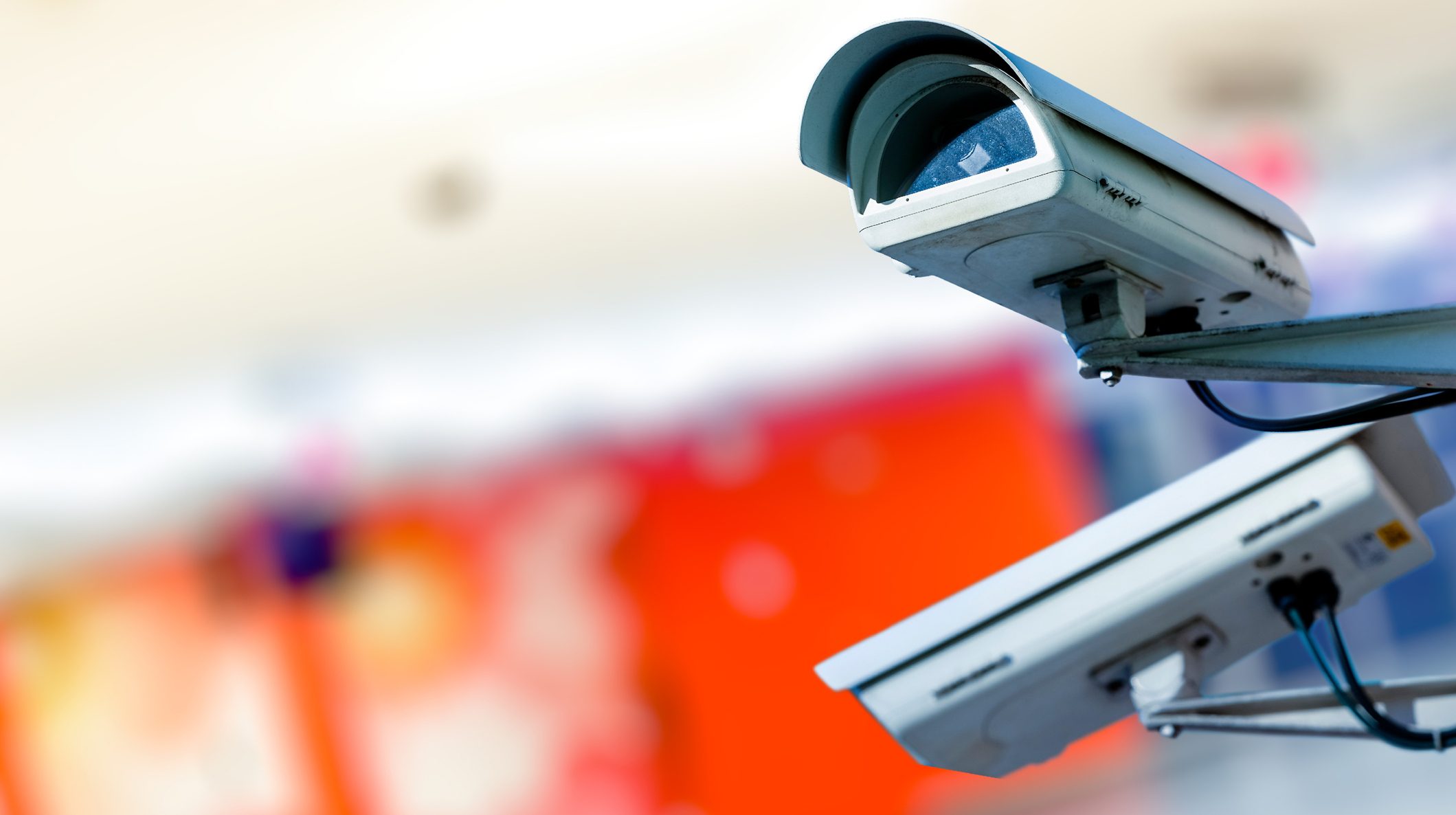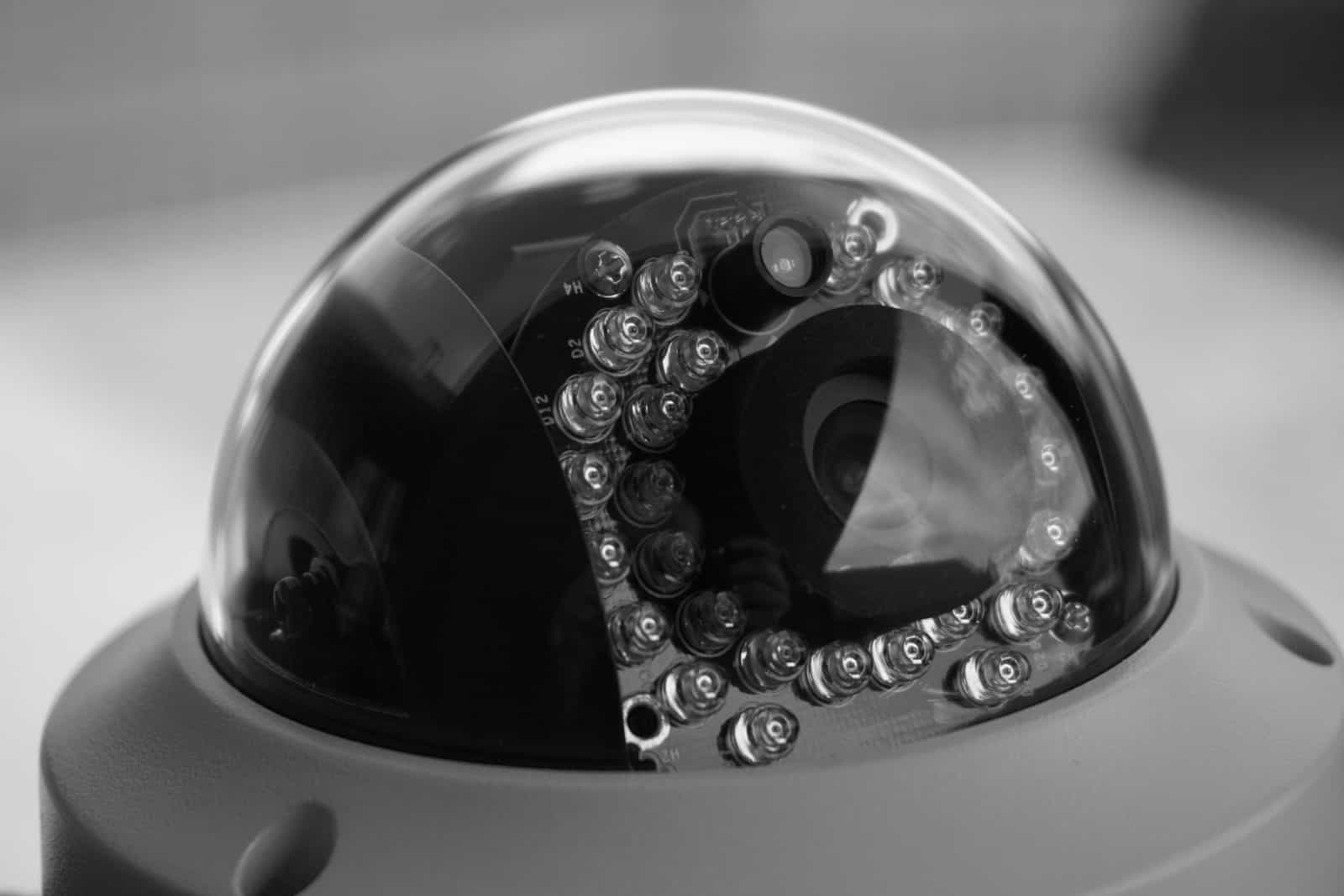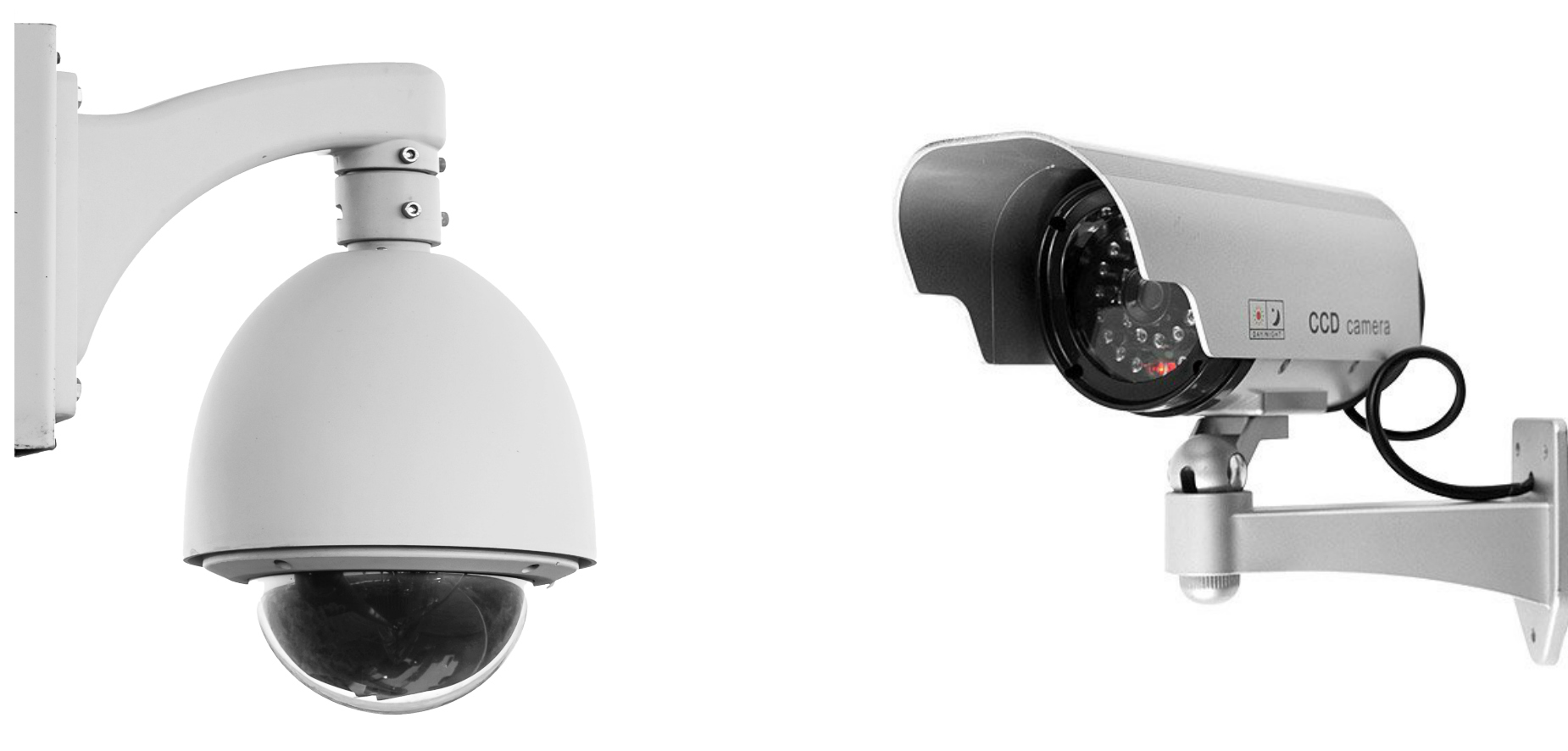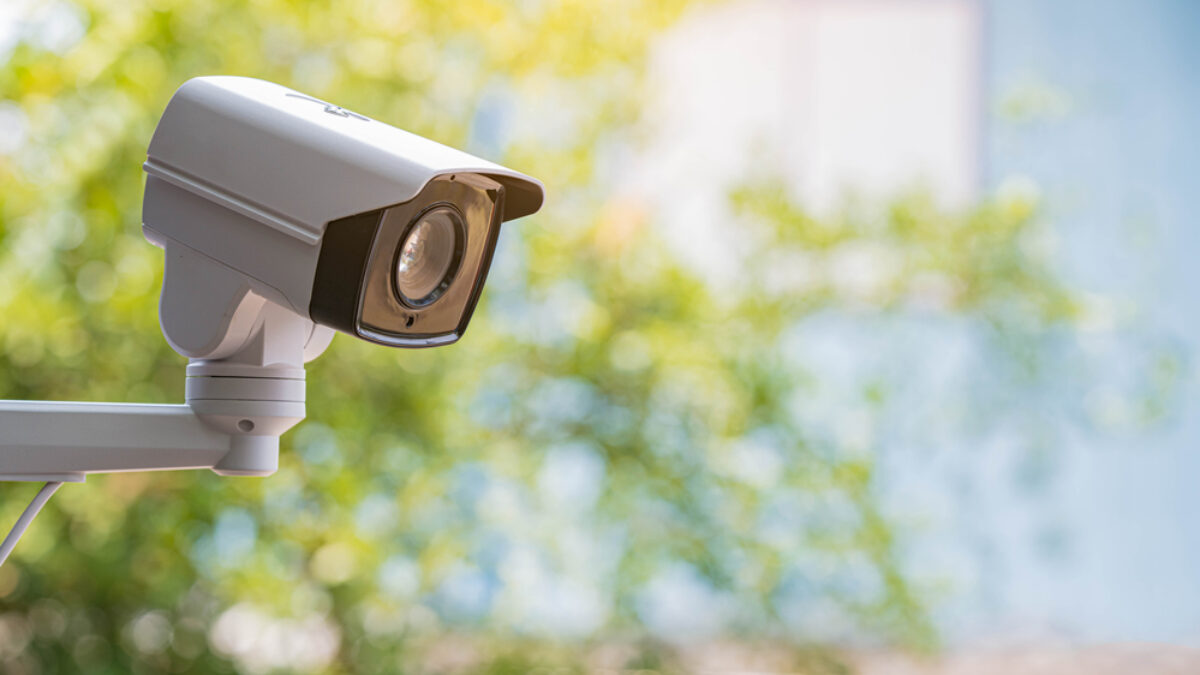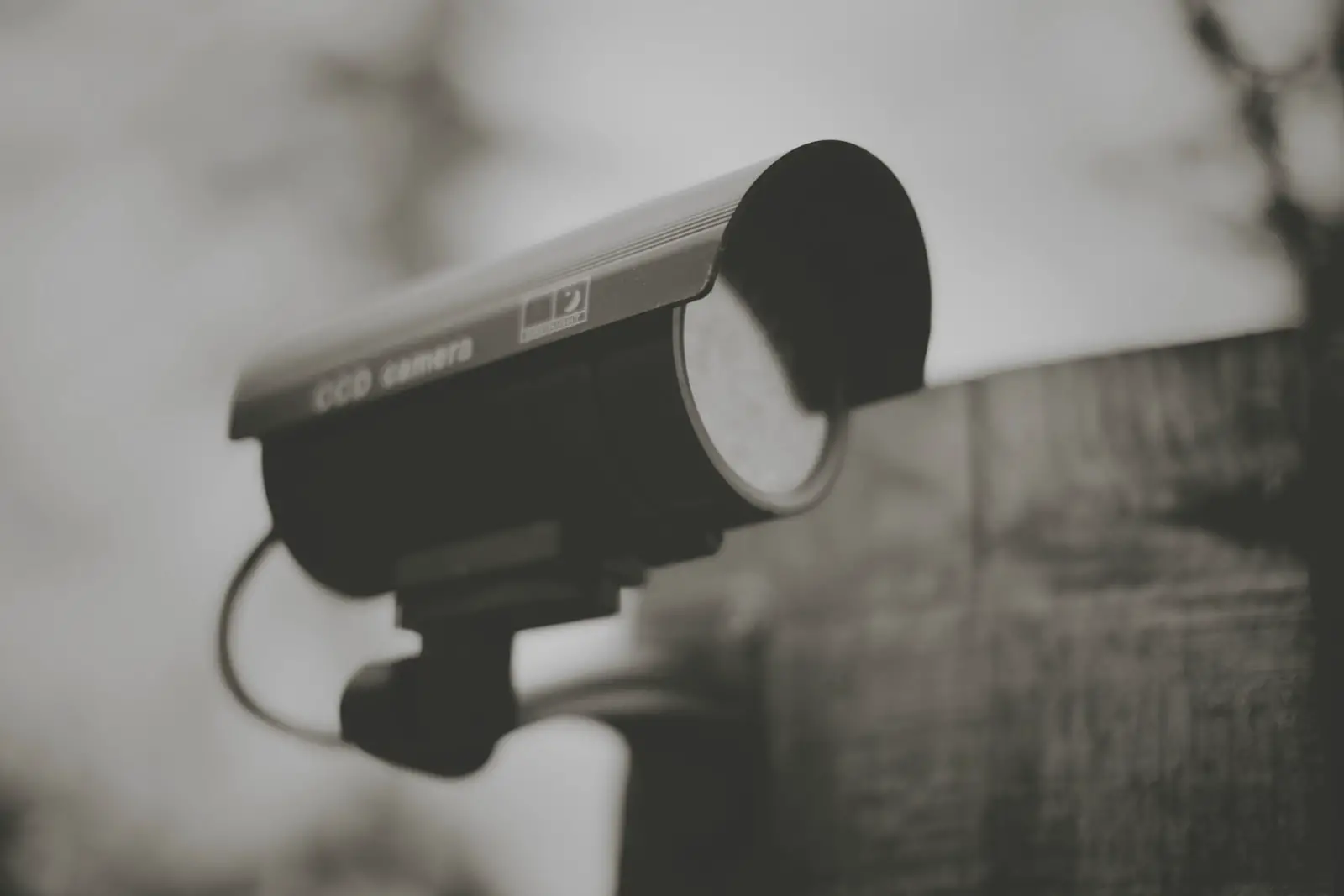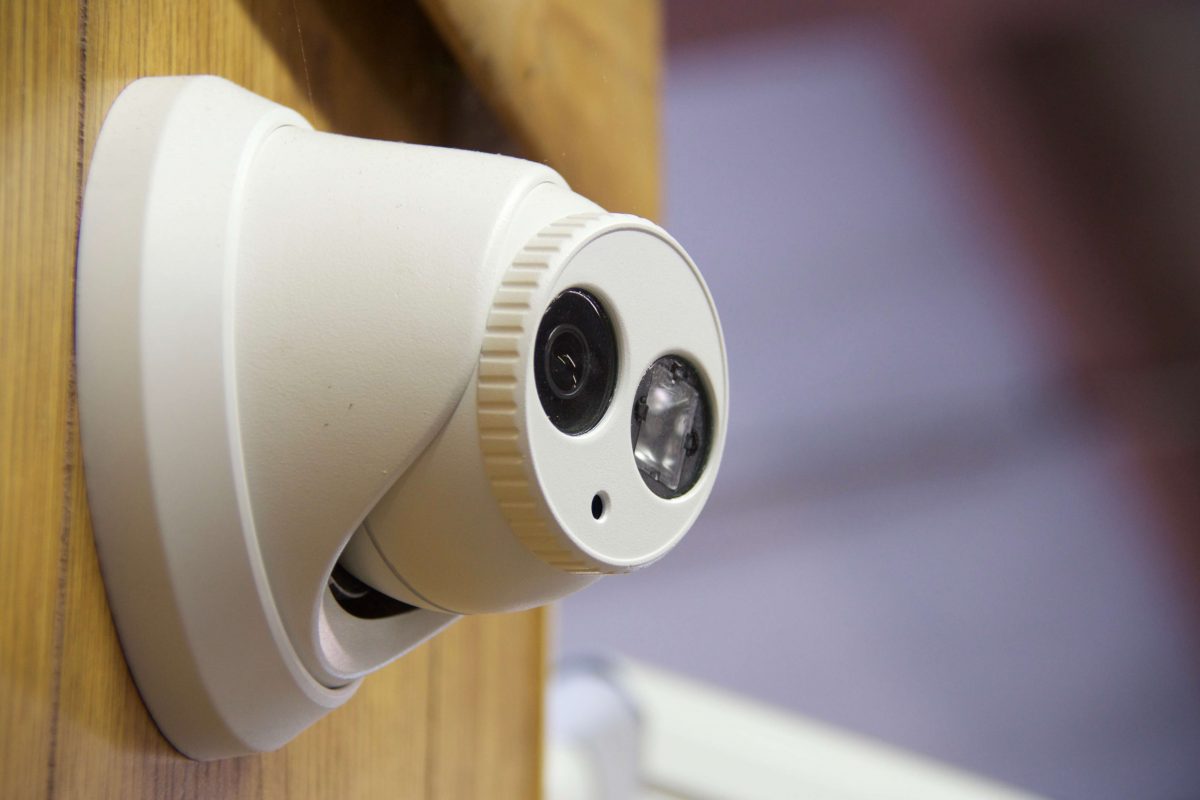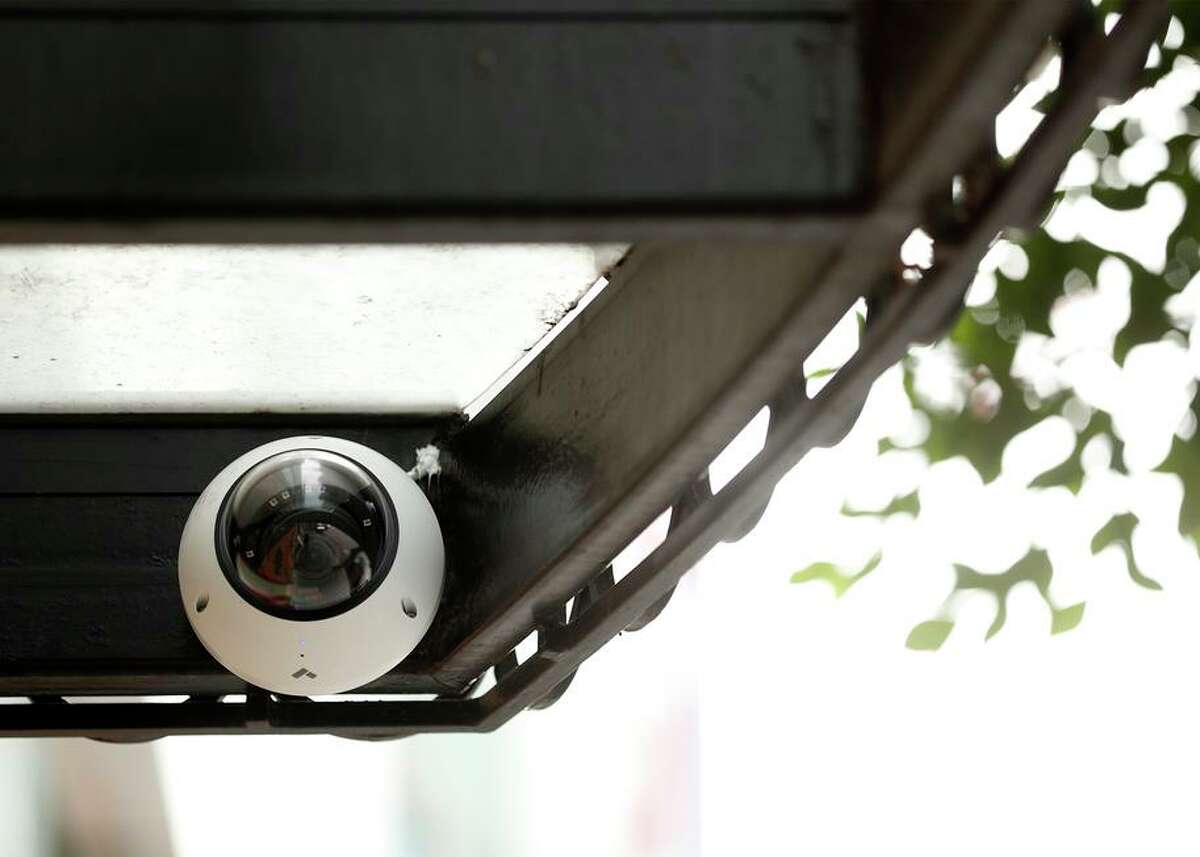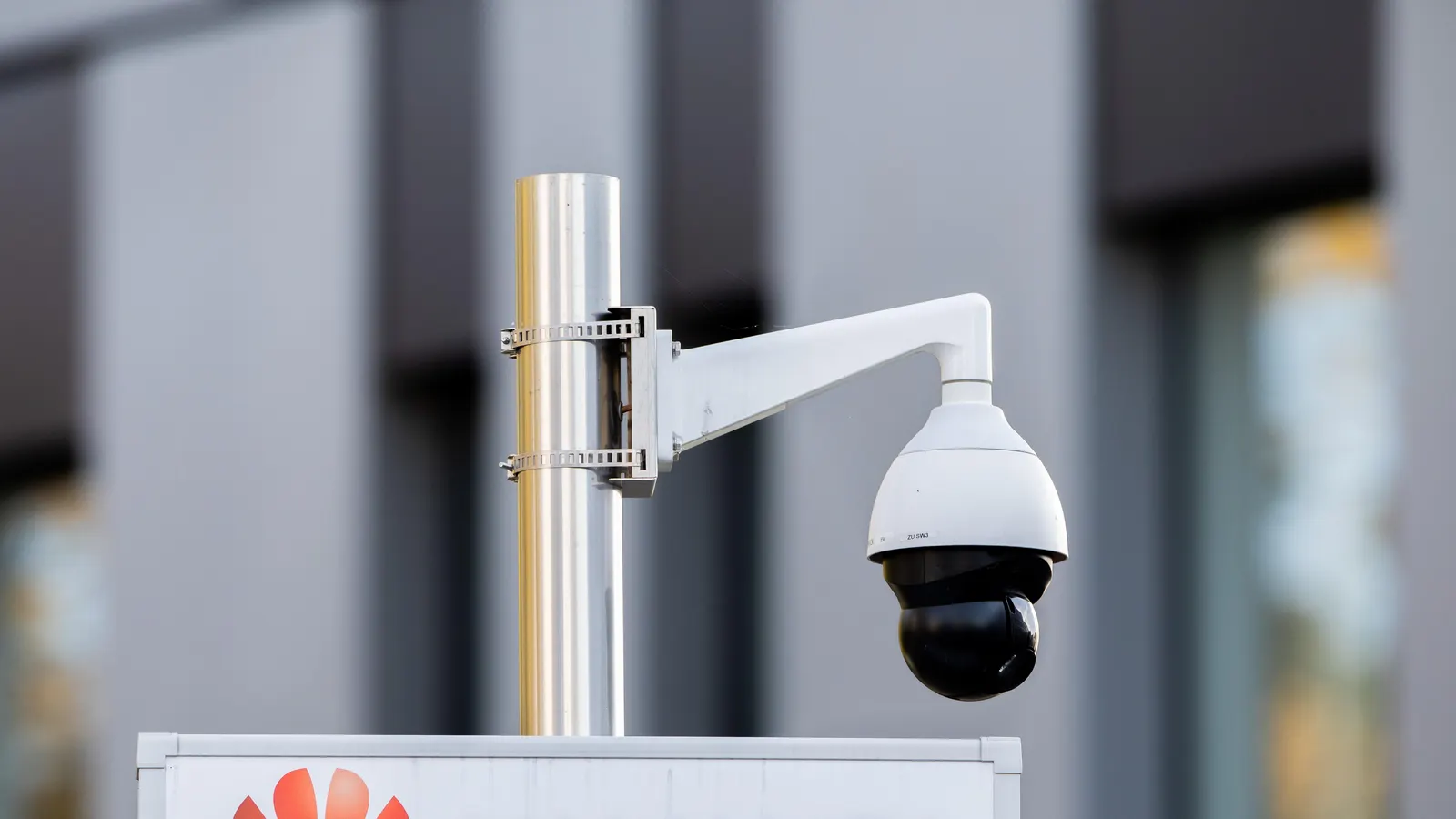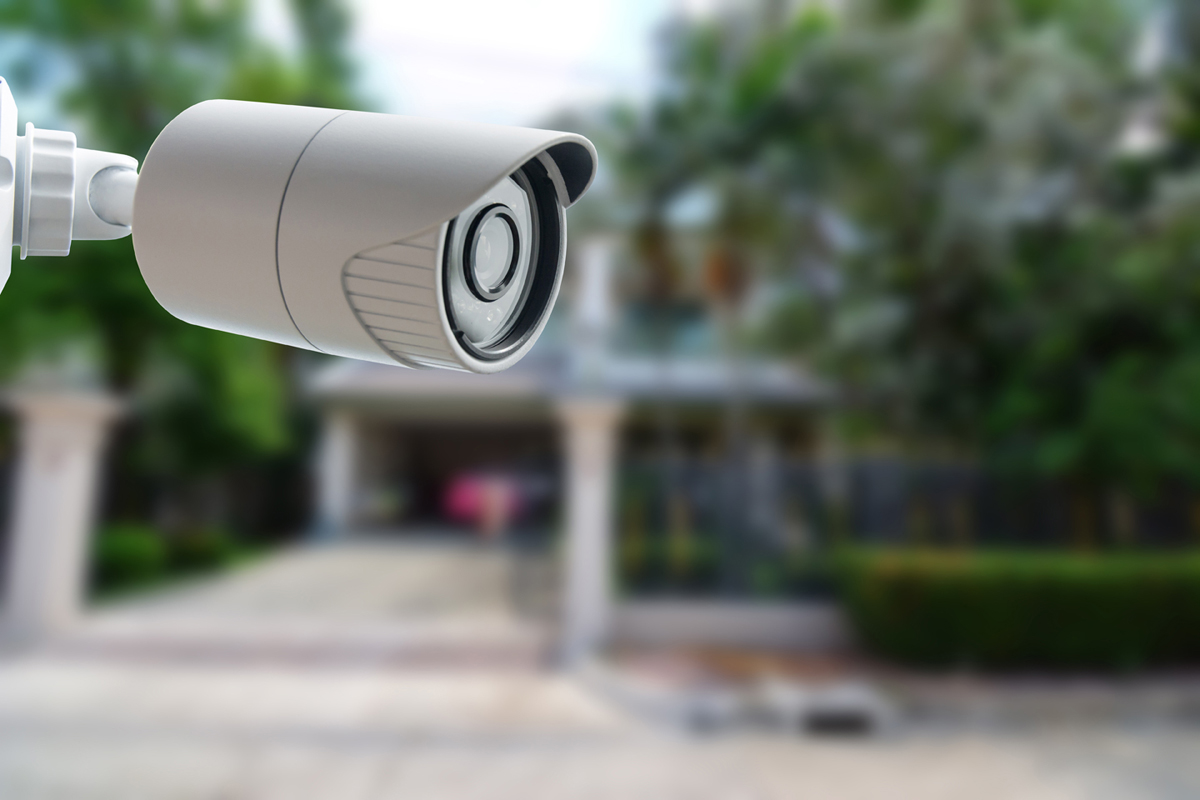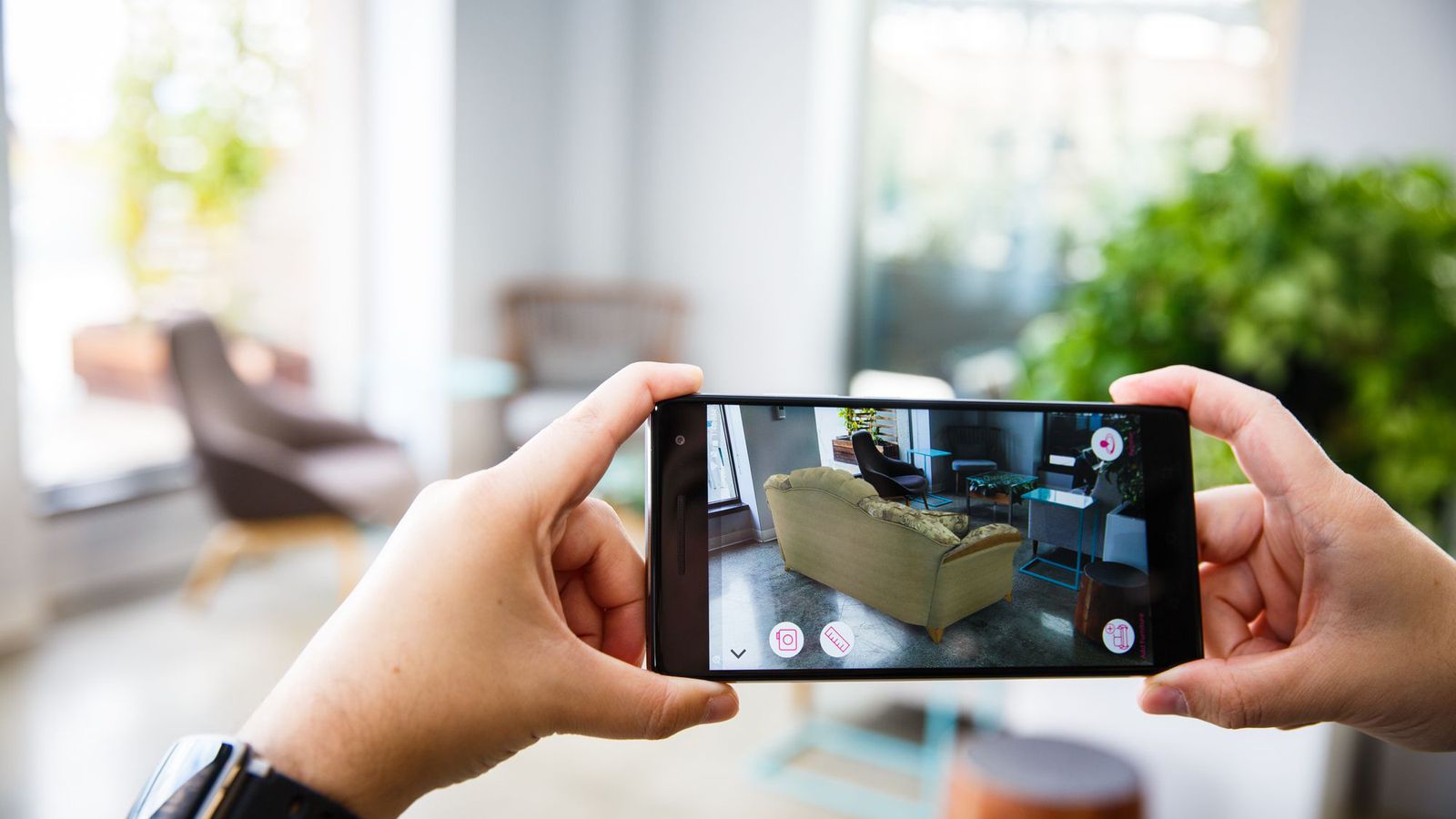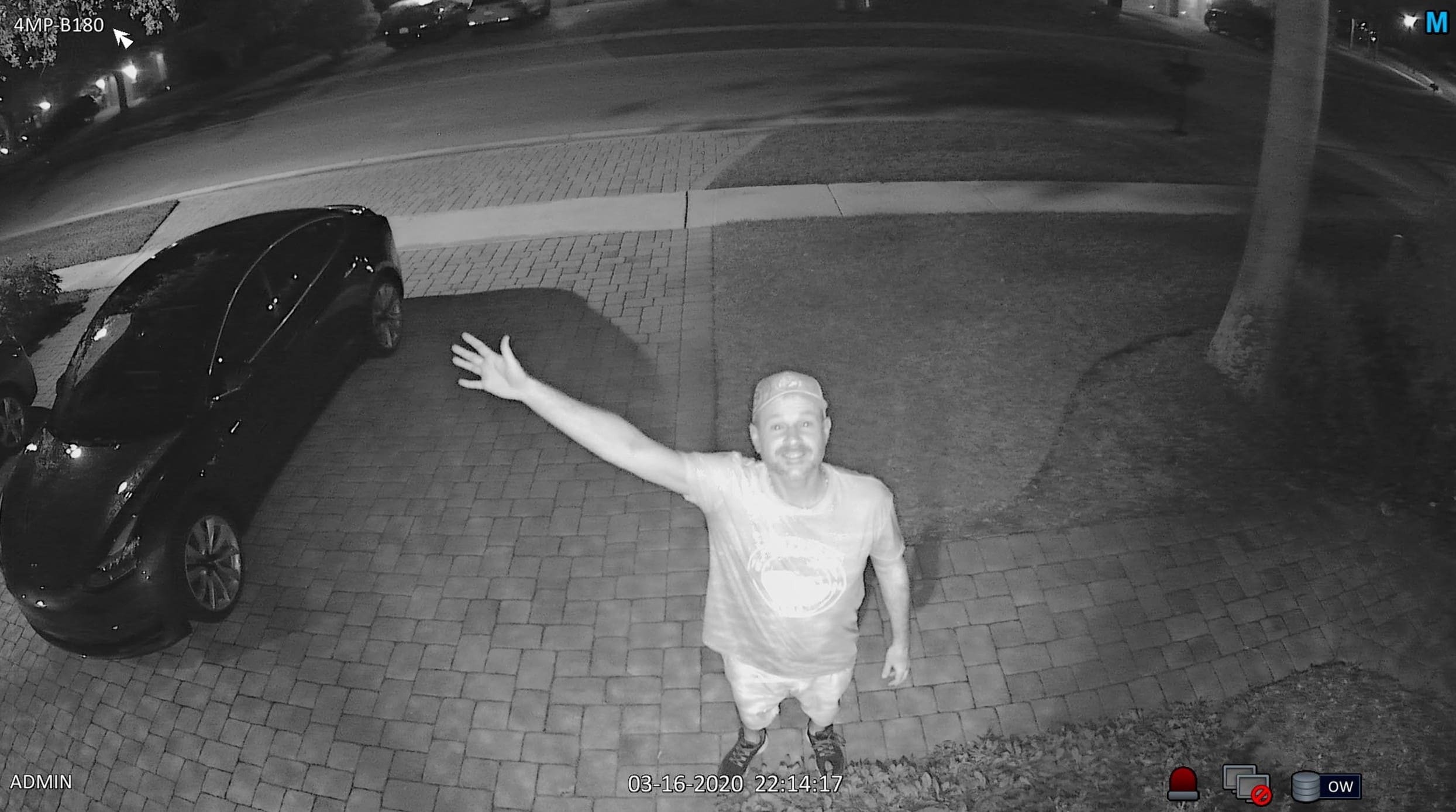Home>Home Security and Surveillance>How To Disable A Security Camera
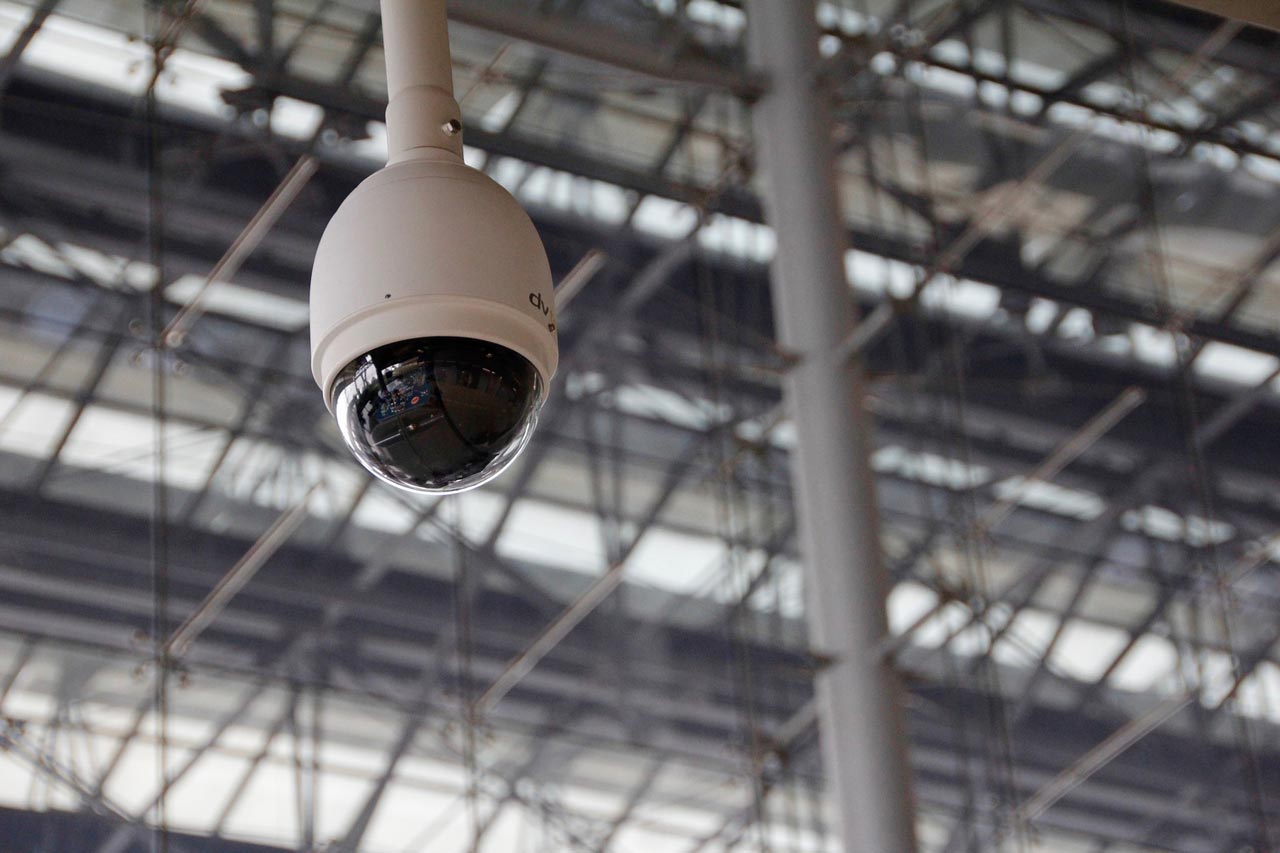

Home Security and Surveillance
How To Disable A Security Camera
Modified: March 6, 2024
Learn how to disable a security camera in your home using simple methods and ensure your privacy and security. Get expert tips on home security and surveillance.
(Many of the links in this article redirect to a specific reviewed product. Your purchase of these products through affiliate links helps to generate commission for Storables.com, at no extra cost. Learn more)
Introduction
Welcome to our comprehensive guide on how to disable a security camera. While security cameras play an important role in protecting our homes and businesses, there may be situations where you might need to temporarily or permanently disable a camera. This could be due to privacy concerns, relocation of the camera, or other specific circumstances.
It’s essential to note that tampering with security cameras without proper authorization is illegal in many jurisdictions. However, in certain situations, it may be necessary to disable a camera using legal methods to maintain privacy or address specific needs. In this article, we will discuss several methods you can employ if you find yourself in such a situation.
Before we proceed, it’s important to emphasize that the methods provided in this guide should only be used lawfully and responsibly. Furthermore, it is always recommended to consult with professionals and adhere to local laws and regulations regarding security cameras.
Key Takeaways:
- Think twice before disabling a security camera! It’s important to follow the law and respect others’ privacy. Seek professional help if you have concerns.
- If you must disable a security camera, do it legally and responsibly. Seek guidance from security experts and consider the potential consequences.
Read more: How To Waterproof A Security Camera
Method 1: Physically Disable the Camera
One of the most straightforward methods to disable a security camera is to physically tamper with it. This method involves physically damaging or disconnecting the camera to render it inoperative. However, it’s crucial to note that tampering with someone else’s property without permission is illegal.
If you have legal and authorized access to the camera, you can follow these steps to physically disable it:
- Locate the camera: Identify the exact location of the camera you want to disable. It could be mounted on a wall, ceiling, or any other surface.
- Access the camera: Depending on the camera’s installation, you may need a ladder, a screwdriver, or other tools to gain access to it.
- Disconnect the power source: Cameras are typically powered by electricity. Locate the power cable or power source supplying electricity to the camera, and disconnect it.
- Remove or cover the lens: If you want to disable the camera discreetly, you can cover the lens with a piece of tape, cloth, or a small object. This will obstruct the camera’s view.
- Disable other components: Some security cameras have other components like microphones or speakers. If necessary, you can disable these components by disconnecting wires or removing them.
- Ensure the camera is non-functional: Before leaving, double-check that the camera is completely non-functional by testing its functions or monitoring system remotely.
Remember, before attempting to physically disable a camera, always consider the legality and potential consequences. If you are unsure or uncomfortable with tampering with a camera, it is best to seek professional assistance or consult with the appropriate authorities.
Method 2: Block the Camera’s View
If you want to disable a security camera without permanently damaging it, another option is to block its view. This method allows you to maintain the camera’s functionality while preventing it from capturing specific areas or objects. Here are some ways to block the camera’s view:
- Obstruct the camera with objects: Place objects strategically in front of the camera to obstruct its view. These objects can include plants, curtains, tapestries, or even temporary walls or partitions. Make sure that the objects you use blend in naturally with the surroundings to avoid drawing attention.
- Use reflective materials: Use reflective materials, such as mirrors or reflective foils, to bounce light back into the camera. This can create glare or reflections that make it difficult for the camera to capture clear images.
- Utilize infrared floodlights: Some security cameras rely on infrared technology for night vision. By using powerful infrared floodlights directed toward the camera, you can overpower its sensors and make it difficult for the camera to function properly during low-light conditions.
- Install a privacy screen or film: Privacy screens or films are designed to limit the viewing angles of electronic devices. Applying a privacy screen or film over the camera lens can significantly reduce its field of view, making it less effective in capturing clear images.
- Redirect the camera’s focus: If the camera has a pan, tilt, or zoom function, you can manipulate it to point away from the area you want to keep hidden. This can be done by adjusting the camera’s position or altering its settings using the appropriate control interface.
It is important to note that some of these methods may not be practical in all situations. Additionally, blocking the camera’s view may only provide a temporary solution, as the camera’s owner may eventually discover and adjust its positioning. Consider the specific circumstances and privacy concerns before choosing this method to disable a security camera.
Method 3: Jam the Camera Signal
Jamming the camera signal is another method to temporarily disable a security camera. By interrupting or blocking the camera’s signal, you can prevent it from transmitting or recording footage. However, it’s important to note that deliberately jamming someone’s camera signal without proper authorization is illegal in many jurisdictions.
If you have legal and authorized access to the camera, you can utilize the following methods to jam the camera signal:
- Use radio frequency jammers: Radio frequency (RF) jammers can interfere with the wireless signals transmitted by security cameras. These devices emit a powerful RF signal in the same frequency range, effectively disrupting the camera’s ability to send or receive data. However, using RF jammers without proper authorization is illegal in most countries.
- Employ infrared jammers: Some security cameras utilize infrared technology for night vision. Infrared jammers emit strong infrared signals that can overwhelm the camera’s sensors, rendering it unable to capture clear images. However, similar to RF jammers, using infrared jammers without proper authorization is unlawful.
- Block wireless connectivity: If the camera relies on Wi-Fi or other wireless connectivity, you can disable it by blocking the wireless signals. This can be done by placing signal-blocking materials such as metal screens or foil near the camera or utilizing signal-blocking devices designed for this purpose.
- Redirect or disrupt power supply: In some cases, security cameras may be powered by batteries or connected to power outlets. By redirecting or disrupting the camera’s power supply, either by unplugging power cords or cutting wires, you can render the camera temporarily inactive.
- Consult with professionals: If you are facing specific concerns regarding a security camera’s signal and need a reliable and legal solution, it is recommended to consult with professionals in the field. They can provide expert advice and assistance in addressing your unique situation.
While jamming the camera signal may seem like a viable option, it is essential to understand and respect the laws and regulations regarding wireless signal interference. Always ensure that you have the necessary permissions and conform to legal guidelines before attempting to jam a security camera signal.
Cover the camera with a small, opaque object like tape or a sticker to block the lens. Be careful not to damage the camera or break any laws.
Method 4: Hack the Camera System
Disclaimer: Hacking any system, including security camera systems, without proper authorization is illegal and unethical. The following information is provided for educational purposes only to raise awareness about potential vulnerabilities within security systems.
While hacking a security camera system is not a recommended or legal method, it’s important to understand the potential vulnerabilities that may exist. By exploiting these vulnerabilities, an individual could gain unauthorized access to the camera system and potentially disable or manipulate its functionality.
However, it’s crucial to note that hacking a security camera system requires advanced technical knowledge and skills. It can also lead to severe legal consequences. We strongly advise against attempting to hack any system without proper authorization.
If you suspect vulnerabilities within a security camera system or have concerns about its privacy implications, it’s best to follow legal channels:
- Contact the camera system manufacturer: Reach out to the manufacturer of the security camera system to report any potential vulnerabilities or issues. They will investigate the matter and provide necessary assistance or updates to address any identified problems.
- Consult with cybersecurity experts: If you believe there may be security concerns with the camera system, consider seeking advice from cybersecurity professionals or consultants. They can assess the system’s vulnerabilities and provide recommendations to improve its security.
- Inform the appropriate authorities: If you suspect illegal or unauthorized surveillance through a security camera system, report your concerns to the relevant authorities, such as the local police or regulatory bodies. They can investigate the matter and take appropriate action.
It’s important to prioritize legal and ethical approaches when dealing with security camera systems. Hacking is not only against the law but can also have severe consequences for both the individual attempting to hack and those affected by the breach of privacy.
Remember, it is always essential to respect the privacy and security of others while adhering to legal and ethical guidelines.
Read more: How To Choose Security Cameras
Method 5: Seek Professional Help
If you find yourself needing to disable a security camera and are unsure of the appropriate methods or concerned about the legality of certain approaches, it is recommended to seek professional help. There are experts in the field of home security and surveillance who can provide guidance and assistance in addressing your specific situation.
Here are a few ways to seek professional help:
- Contact a security company: Reach out to a reputable security company in your area to discuss your concerns or specific needs. They can offer professional advice, assess the situation, and provide customized solutions to address any security camera issues you may be facing.
- Consult with a home security professional: Home security professionals have deep knowledge and experience in setting up, maintaining, and troubleshooting security camera systems. They can provide insights into the capabilities and vulnerabilities of the specific camera system you are dealing with, helping you make informed decisions.
- Hire a private investigator: If you suspect illegal activity or unauthorized surveillance through a security camera system, hiring a licensed private investigator can be an option. They have the skills and resources to investigate the situation legally and gather evidence if necessary.
- Seek legal advice: If you have concerns about the legality of disabling a security camera or need guidance on privacy laws and regulations, consulting with a lawyer specializing in security or privacy law can provide you with the necessary legal perspective and advice.
By seeking professional help, you can ensure that you approach disabling a security camera in a legal and responsible manner. These experts have the knowledge, experience, and resources to guide you through the process while emphasizing the importance of privacy and adhering to applicable laws and regulations.
Remember, it is always better to consult with professionals who have the expertise and authority to address your concerns effectively and lawfully.
Conclusion
Disabling a security camera should only be done under specific circumstances and following legal guidelines. While there may be situations where disabling a camera is necessary, it is crucial to prioritize privacy and respect the laws and regulations in your jurisdiction.
In this comprehensive guide, we have explored various methods for disabling a security camera, including physically disabling it, blocking its view, jamming the camera signal (with legal permission), and seeking professional help. Each method has its own considerations and potential consequences, and it is important to choose the appropriate method based on your specific situation and legal obligations.
Before attempting to disable a security camera, it is recommended to evaluate the privacy concerns, seek legal advice if needed, and consider the potential consequences of unauthorized tampering with someone else’s property or violating privacy laws.
It is always advised to consult with professionals in the field of home security and surveillance, such as security companies, home security professionals, private investigators, or lawyers specializing in security and privacy law. They can provide expert guidance, assess the situation, and offer legal and ethical solutions tailored to your needs.
Remember, responsible and lawful actions are crucial when dealing with security cameras, and respect for others’ privacy should always be a priority. It is recommended to stay informed about local laws and regulations related to security cameras to ensure compliance and protect both your own rights and the rights of others.
By following the appropriate legal channels and seeking professional assistance when necessary, you can address your concerns effectively and ethically while safeguarding privacy and maintaining a secure environment.
Frequently Asked Questions about How To Disable A Security Camera
Was this page helpful?
At Storables.com, we guarantee accurate and reliable information. Our content, validated by Expert Board Contributors, is crafted following stringent Editorial Policies. We're committed to providing you with well-researched, expert-backed insights for all your informational needs.
